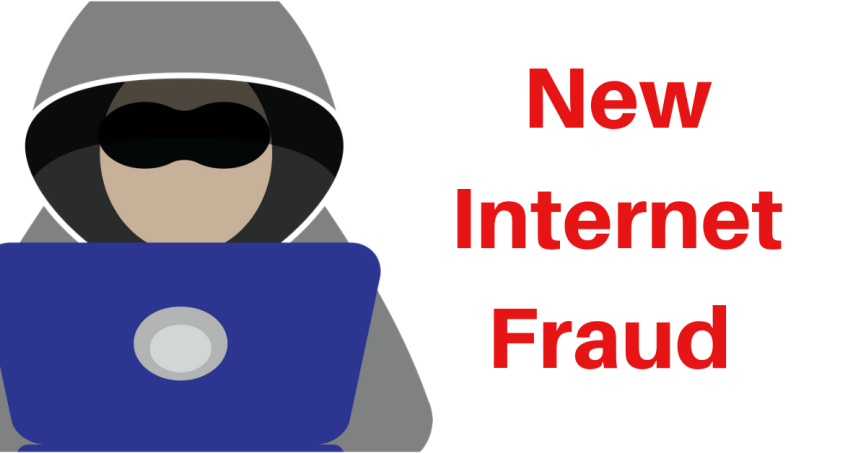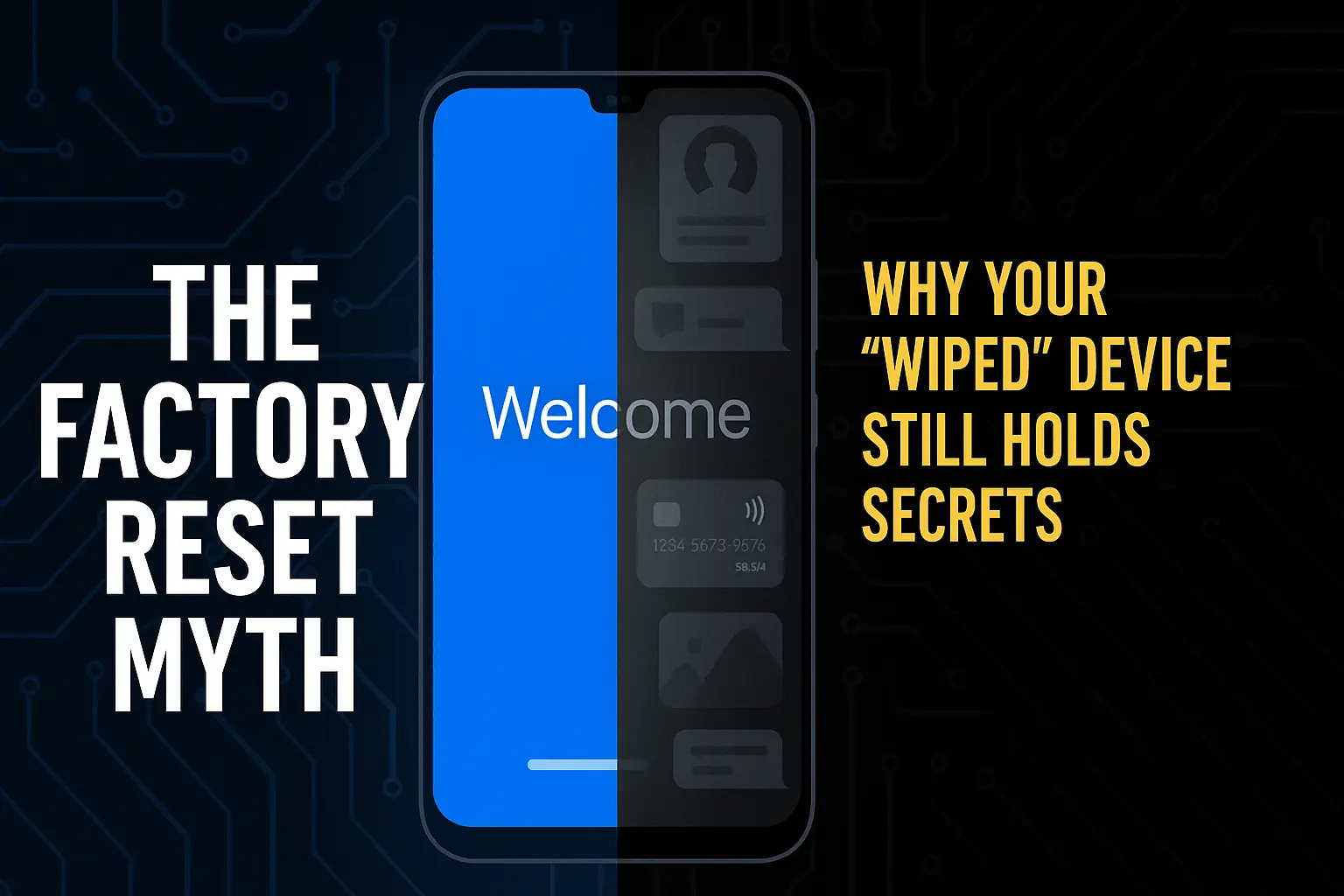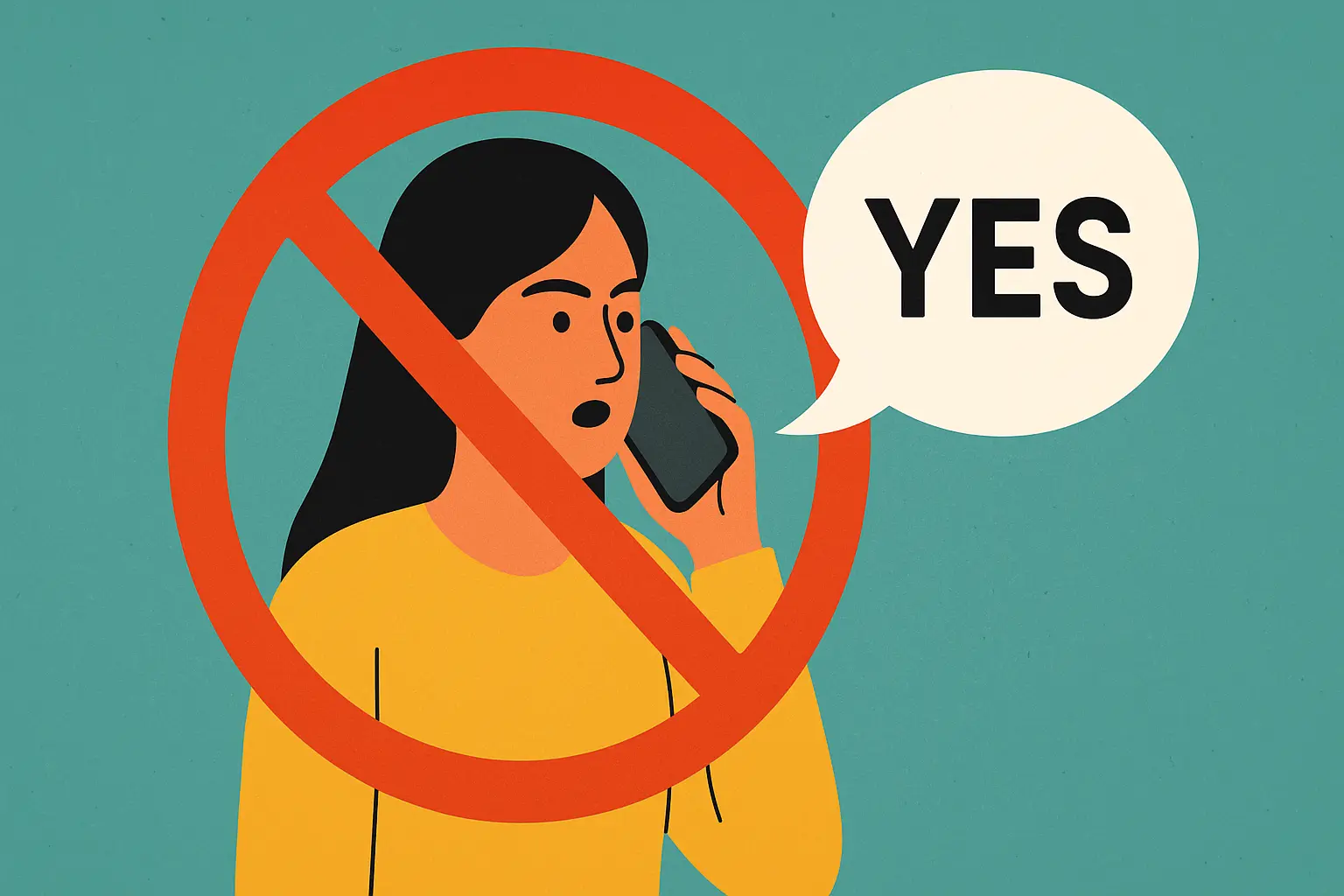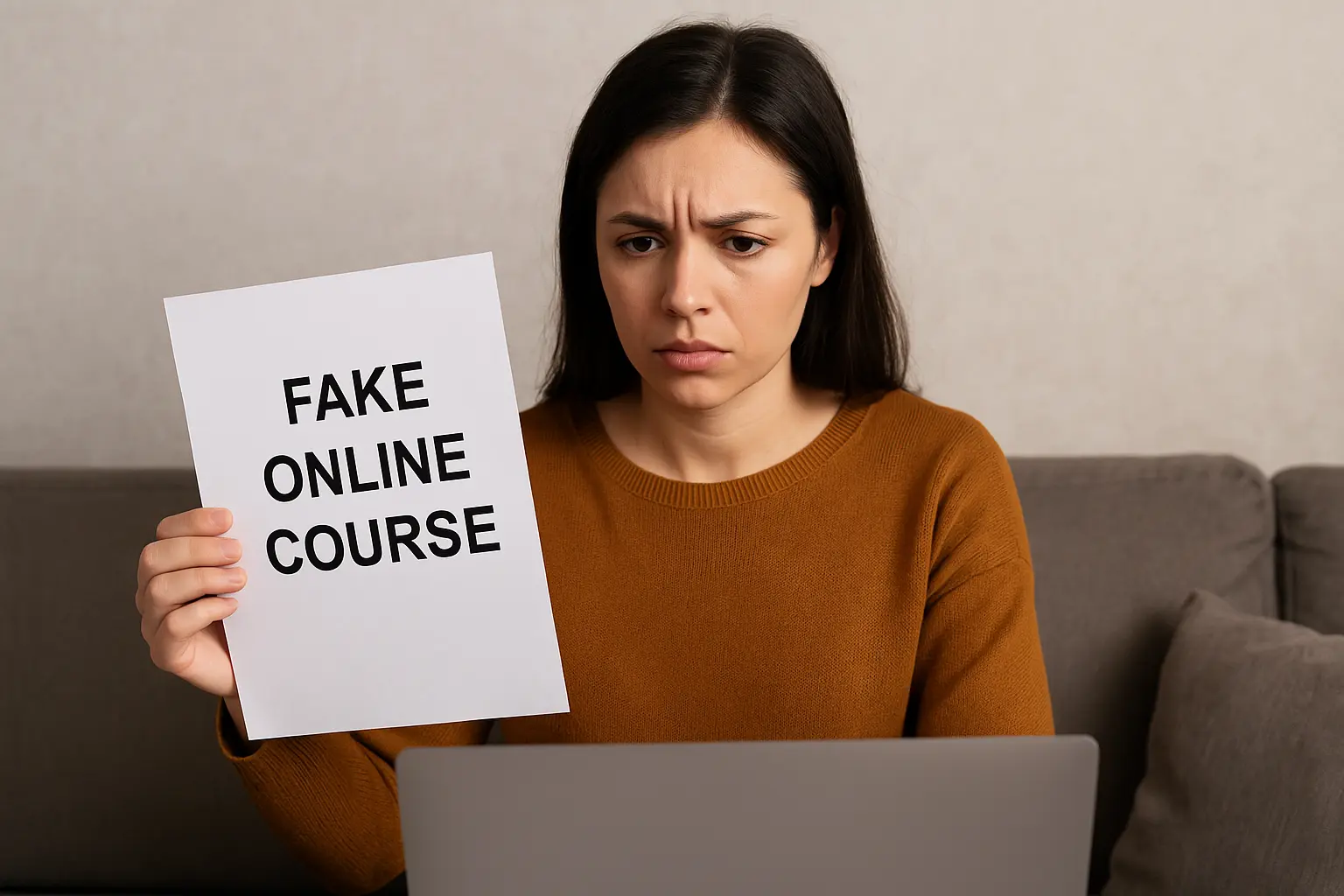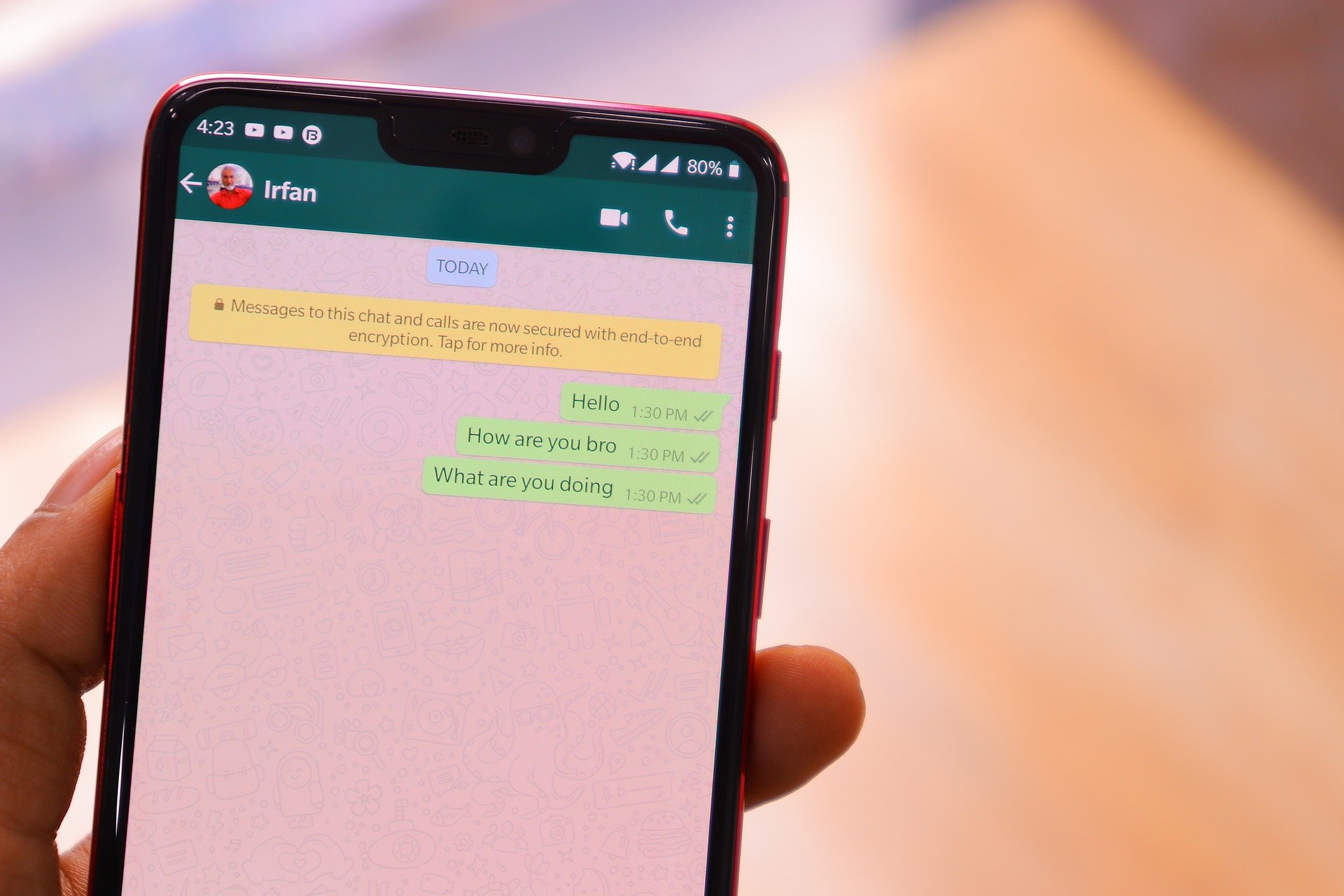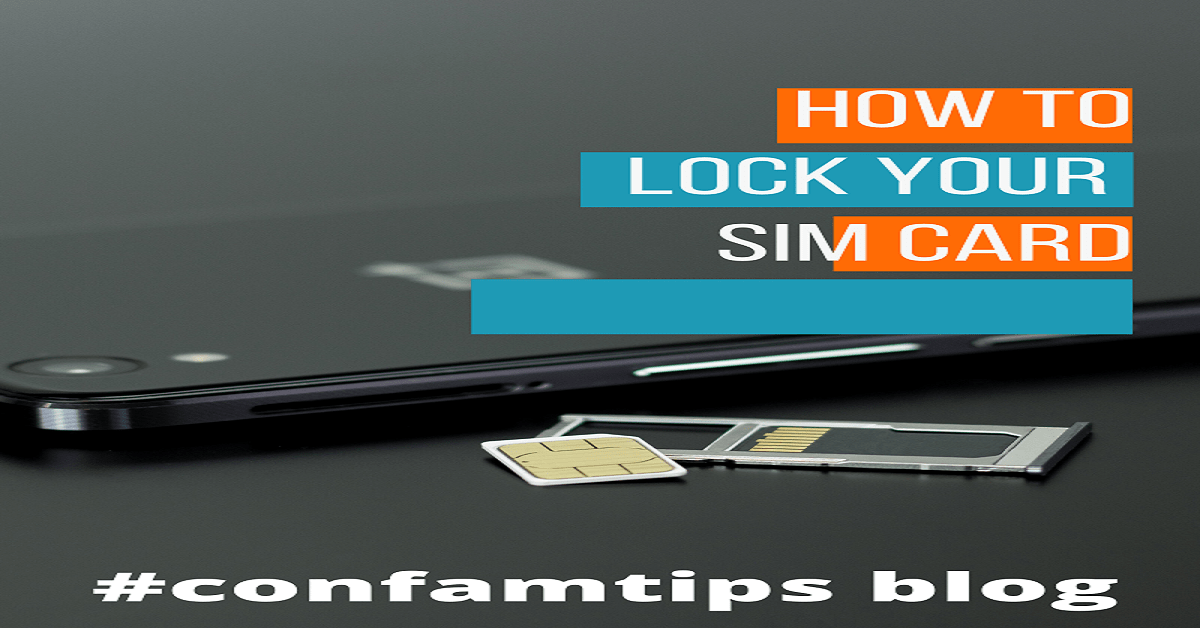The internet fraud landscape is really changing. Getting hacked or scammed is becoming much easier as the days go by and technology advances. Cybersecurity seems to be losing the battle; the less knowledge you have, the more prone you become to hacks.
The way internet scammers or fraudsters harvest their victims has also changed. Just like marketing has shifted from advertising impressions to human impressions, internet fraud has shifted from random social engineering tricks to trust-based tricks.
A lot of marketing conversions today are coming through human impressions rather than advertising impressions, as they had been. People buy more easily through recommendations from people they trust than they do through an advertisement.
This is happening not only to the online market but also to internet fraud and scams.
Scamming people through what they trust is now the game-changer. It might be through influencers, businesses, or verified social accounts. This is the mantra: if you get the people or what they trust, you may as well get them.
“I saw it on his or her verified page”; this is now the new way to prove or certify the genuineness of the information we saw or shared online.
Because a social media account is verified with a blue check, that doesn’t mean it cannot be hacked. This is important to note. Also, the fact that the message or email came from a reliable source doesn’t mean it should be trusted verbatim.
The need to verify and analyze before you react or respond cannot be overemphasized. There is a post here on that already.
In this post, we will discuss the skills needed to navigate the new internet fraud landscape.
Two Skills You Need to Navigate the New Internet Fraud Landscape
Passing the age test is not enough to guarantee that one can handle the new media well. To ride smoothly on the new media landscape, you will need to have the following skills:
1. Media Literacy Skill
The ability to analyze media content critically is at the helm of media literacy. This is by seeking to know who created the content, the motives, or what it intends to persuade you to do as an audience. It also involves your ability to pay attention to people or businesses’ patterns of content, especially the ones you follow or trust, and be able to detect when they are being impersonated.
Having sound media literacy will help you detect when a social media comedy skit you are watching has shifted its genre from comedy to commercial or when the post of an influencer you follow on social media has turned into an advertisement.
Remember, an influencer can be paid to promote a product or an investment he or she has not used. Your ability to treat every commercial as commercial or know what to discard is a needed skill.
Before you invest in something because someone recommended it, you will have to do a background check and analysis to see if the investment has the potential to survive. Evaluate all the possible risks for the business operation and its impact on you as an investor.
Being gullible is no longer an option in today’s internet world. Being gullible is simply believing, reacting, and accepting shared content without deep thought or verification.
Test every piece of content, whether it’s in the form of social media posts, emails, text messages, blog content, or chats, before you believe in or work towards it. Verify and analyze them when necessary.
People also read this: 16 Cybersecurity Secrets Every Internet User Should Know
2. Internet Understanding Skill
Remember, just because you searched it on Google and found it doesn’t make it a fact or a truth. This is the first step to understanding how today’s internet works.
Google search results are simply an aggregation of information from multiple websites, applications, and blogs owned and created by people. Therefore, they can be misleading, wrong, or right.
Your ability to know which website Google is feeding you their results from is a vital part of the media literacy skill mentioned above. This will help you know who created the content.
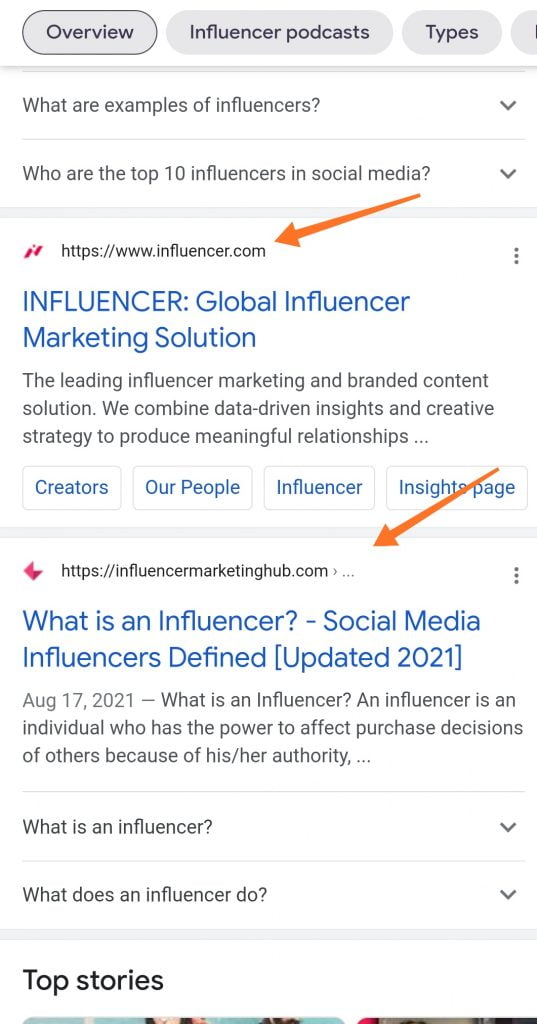
This is not only applicable to Google search results alone but also to social media, emails, chats, etc. Every piece of content, whether on social media or not, originates from people and not from the platforms. Knowing how you allow what you see on those platforms to influence your decision or how you can accept them is very critical. Also, understanding the fact that those who create such content have a goal in mind to achieve will teach you to guard yourself.
Having the understanding that internet contents are humanly generated will help you to verify and weigh them against your standards whenever they are delivered to you.
Your friends also read this: How To Avoid Falling Victim To Fake Websites On Your First Visit
Points to Note On the New Online Scams and Frauds
One point to note is that the whole idea of the new internet scam or fraud landscape is to get victims through what they trust. Your trust might be in how things look, maybe the look of a company website or logo, or in a person, business, or general opinion or trend. Not being too gullible in believing things originating from such sources is vital.
Utilizing your media literacy and internet understanding skills to evaluate situations will help you navigate the new media fraud landscape safely.
Know that there is nothing like 100% security. People or companies you trust can be hacked. So, always apply zero trust.
